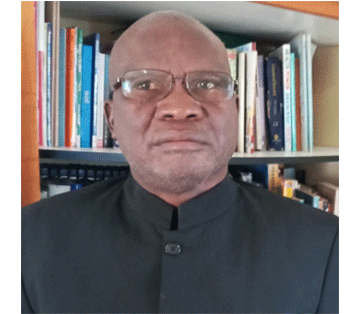Malcolm X once said, “if you want to hide something from black people, put it in a book.” Although the quotation was used in the American context, it has been widely applied worldwide to humiliate Africans.
Author: Prof Makala Lilemba (Prof Makala Lilemba )
Opinion – African philosophy against the Western mind
On the first day of the new school year, all teachers in one school received the following message through a memorandum from the principal: Dear Teacher, I am a survivor of Cassinga. My eyes saw what no man should witness: Machine guns built by learned engineers.
Opinion – Trends in African philosophy today
During Africa’s colonisation, the West brought foreign and irrelevant ideologies to the indigenous people. In many cases, the African was downgraded and equated with animals that are driven by instincts.
Opinion – The Eastern concept of philosophy
For many years, there have been claims and counterclaims as to who is entitled to possess knowledge.
Opinion – Celebrating forgotten heroes of the struggle
Namibia clocked 33 years of independence on 21 March 2023. As it is always sung, Namibian independence was not ushered on a platter, but it came by shedding the blood of many Namibians.
Opinion – Building of a nation
Shortly after Independence, the Mozambican radical political leader, Samora Machel in trying to make education and literacy available to all, hatched the approach of, “We are Building a School.”
Opinion – Politics of the accusing finger
In his book ‘The Accusing Finger’, Nyambe Wina (1992), a Zambian novelist, narrates an incident in which an officially engaged lady points an accusing finger at her fiancé for having put her in a woman way, despite his denial.
Opinion – Servicing the N$150 billion debt curse
The Minister of Finance and Public Enterprises tabled the 2023/2024 national budget on 22 February 2023 which is anchored on three pillars: pro-sustainability, pro-poor and pro-growth.
Opinion – Exploring the main component of the didactic situation
In the world of academia and pedagogics, the didactic situation is made of the learner, the subject matter and the teacher. For many centuries, the teacher had been at the centre of this triangle.
Opinion – The Namibian Constitutional Day, 9 February, has come and gone without any fanfare.
In some countries, days like these are always celebrated with passion and patriotism as they remind the citizens of the days on which their countries were born and became nations.










